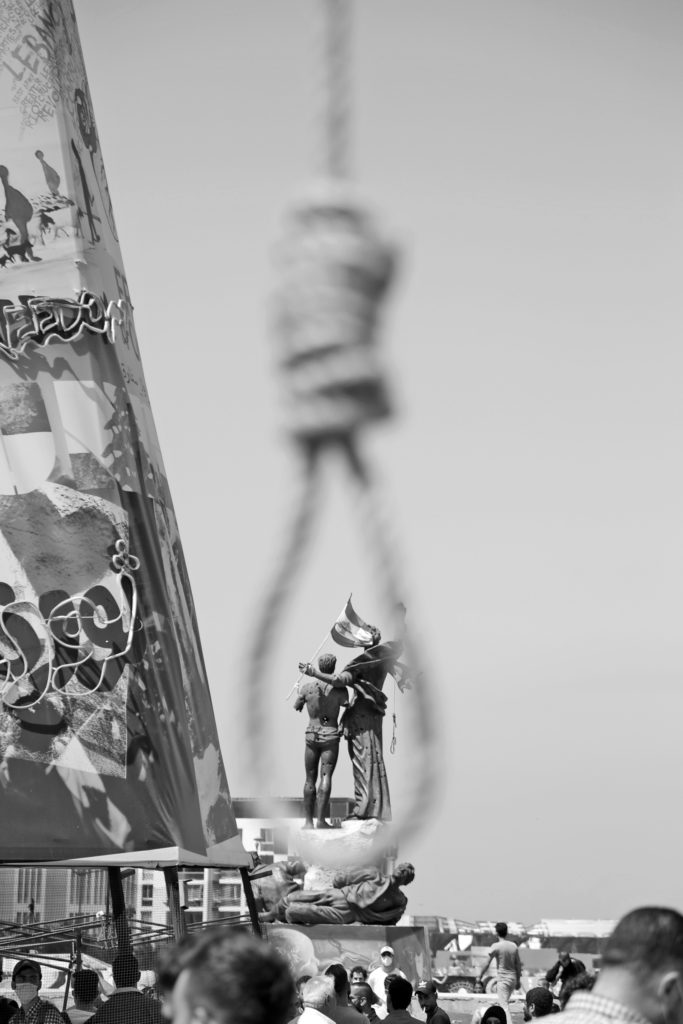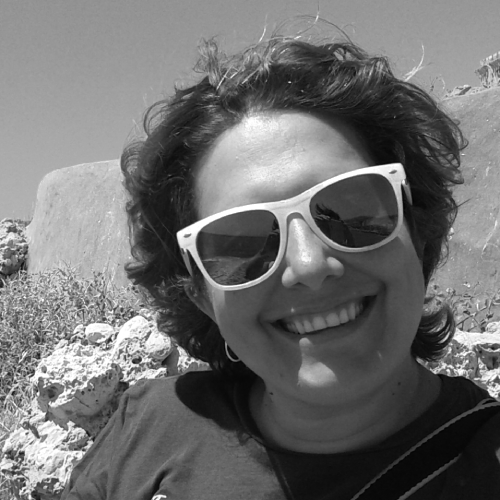We have a duty to remember

Arleb by Nabad interviews cinematographer, journalist, photographer, sound engineer and communication expert Nada Raphael, who co-created and co-published Hyphen Islam-Christianity in 2010, then Tourleb, a Socially Responsible Tour Operator aiming to promote Lebanon’s heritage through tourism and working on changing the image and the narrative related to Lebanon for foreigners and Lebanese alike.
Arleb by Nabad – What is your background?
Nada Raphael – I was born and raised in Lebanon. I studied cinematography before moving to Montreal – Canada, where I studied sound engineering, communication, journalism and photography.
Arleb by Nabad – What is the experience that has influenced your work the most?
Nada Raphael – My life experience, as well as social issues in the world in general and in Lebanon in particular guide my lens and my choice of subject and themes. I always look for the different human aspects no matter the project I work on, and even though I mostly rely on photographs, I consider written words and videos extremely important to add more layers of understanding, and explaining. Far too many situations in life are misread and misjudged because of the biased lenses of the onlooker.
Arleb by Nabad – Which subjects or themes are you working on?
Nada Raphael – The issue that matters to me now is the Beirut’s port explosion – and the people affected by it. Because we shouldn’t forget. We have a duty of memory to preserve. We have to keep the memory of what happened alive. While understanding the traumas and healing.
I also focus on how travel and tourism can be mindful, and help preserve our heritage. I work on highlighting known and unknown aspects of Lebanon, through narratives and pictures (and live visits of course) to show the richness of the country and try to help Lebanese realize what an amazing country we have.
Arleb by Nabad – What is your creative process like?
Nada Raphael – I use everything I see on the field as well as all the social issues I am confronted with in my work and daily life. Whether it is marginalized populations, threatened heritage, human rights, women’s rights, etc… It’s all part of what inspires me and fuels my work.
From there, I choose the medium I want to use. Either photography or filming. When the subjects have powerful stories, I like to film. I like to record their voice, their story the way they tell it. Sometimes, I prefer photography – when I want to show something powerful but I want the onlooker to decide what it is.
Arleb by Nabad – What was the impact of the Beirut port explosions (August 4, 2020) on your work as an artist/creative enterprise?
Nada Raphael – People to interview, heritage homes to photograph, stories to record… It was all part of what I wanted to show the world. Beirut is my city. Its pain – my pain. I felt the aftermath of the explosion in every bone of my body and I wanted to show this. I want to make sure we will remember. I consider we have a duty to remember what happened and to never forget.
Arleb by Nabad – What are, according to you, the roles of arts and culture in social, economic, environmental or political change?
Nada Raphael – Arts speak of what we live and go through as humans; it translates experiences into a universal language that everyone, no matter their walk of life, can understand at an emotional level. But art also documents and archives, in my opinion. Sometimes it makes things more beautiful than they are, sometimes it focuses on terrible things. Today, with the impact of social media, art and culture also teach and educate and help us not to forget that we are all connected and all similar, in spite of all our differences. It helps connect humans in different countries and continents. It helps us grow as individuals, it opens our minds to different realities and allows us to accept and understand them. It becomes the basis on which we can meet and exchange and discuss. And learn from one another. It helps us try and challenge our own misconceptions and biases.
And lately, what I have seen has made me realize that arts and culture are even more. Since the October 17 revolution in Lebanon, the burst of urban art, of public discussions, and the sheer amount of culture that has emerged – or passed from the underground to the mainstream – has made me realize that there are so many more people who think alike than what we originally thought. It has brought to light a whole generation that was unsuspected. Arts and culture have made us feel less alone, less isolated. It made us realize that we have a community of like-minded people.
Arleb by Nabad – What are, according to you, the main challenges/obstacles facing artists/creative enterprises in Lebanon nowadays?
Nada Raphael – Although Lebanon has a thriving artistic scene, one of the richest in the Middle-East, it presents many challenges, mostly that of funding, and that of a small market – at least compared to the West.
CHECK OUT NADA RAPHAEL PROFILE AND ARTWORKS FOR SALE ON ARLEB.

